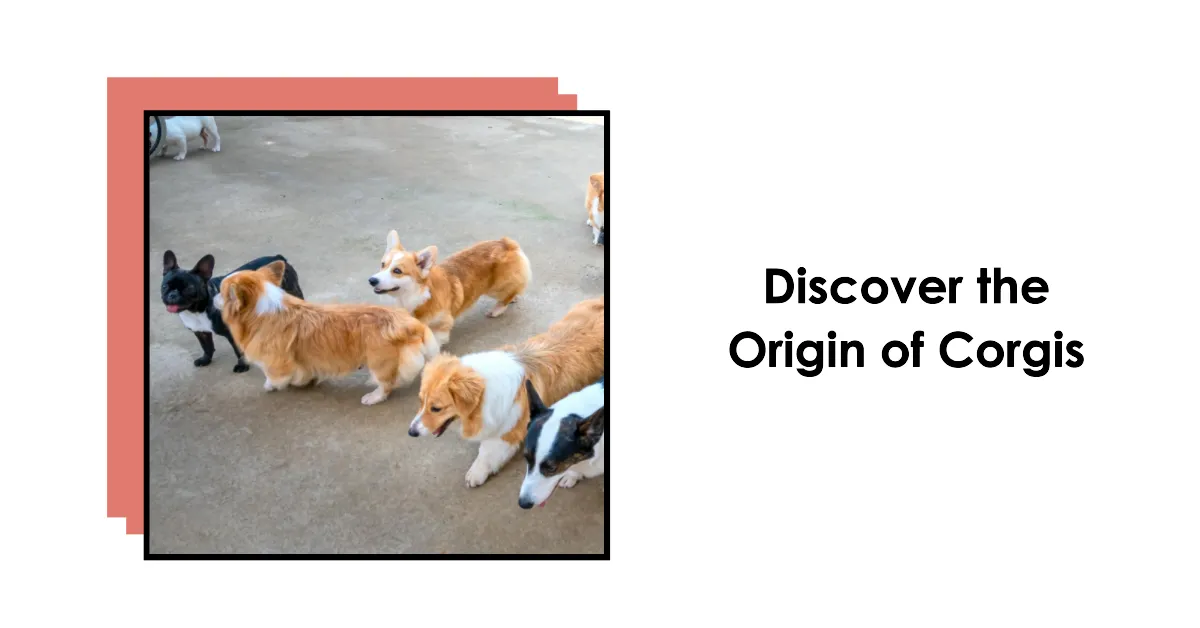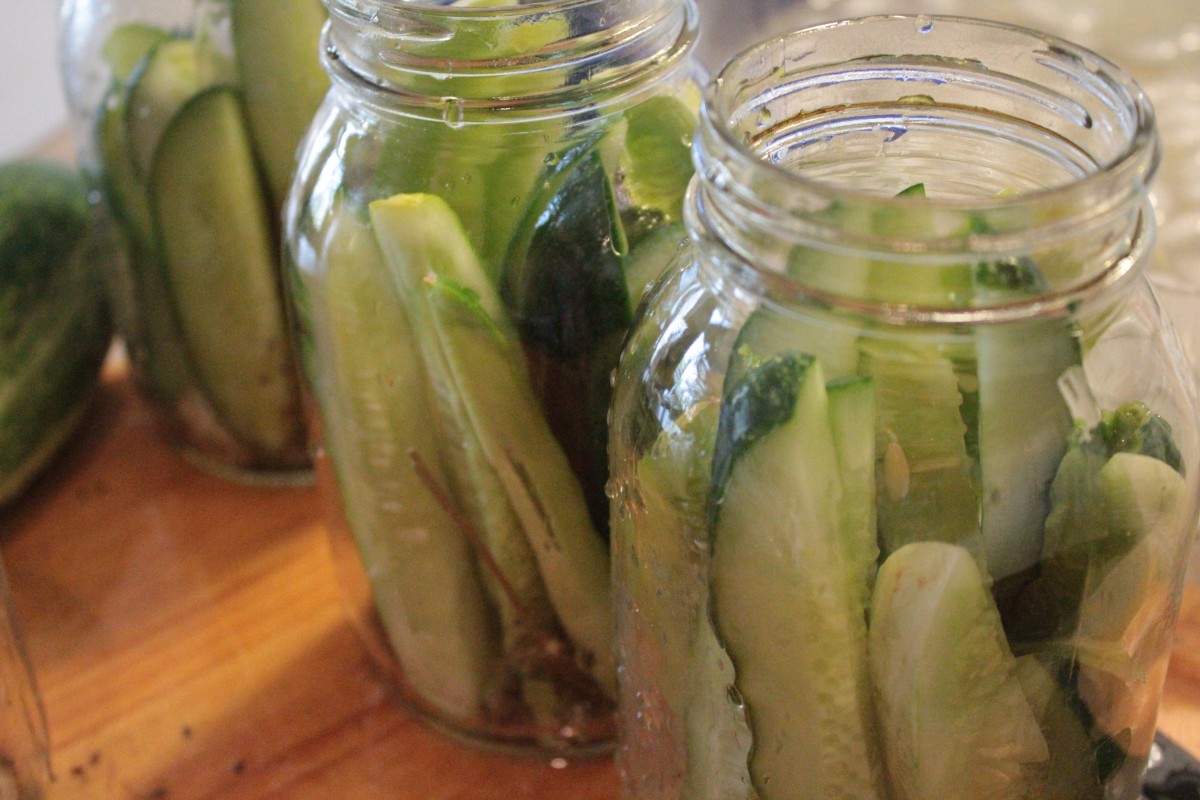The Importance of a Balanced Diet for Your Corgi

You adore your corgi's playful antics and lovable charm, but did you know that their well-being starts with a balanced diet?
Providing your furry friend with the right nutrients is vital for their overall health and longevity. A balanced diet ensures that your corgi receives the necessary fuel to thrive and stay active.
But what exactly does a balanced diet entail? It means offering a variety of foods that meet their nutritional needs, including essential macronutrients, quality protein sources, healthy fats, and key vitamins and minerals.
By giving your corgi the best possible diet, you're safeguarding their well-being and setting them up for a long and happy life.
So, let's dive into the importance of a balanced diet for your beloved corgi!
Corgi Nutritional Needs
To ensure your Corgi's health and well-being, it's crucial to understand their specific nutritional requirements. Corgis have unique dietary needs that must be met for them to thrive. These playful pups require a well-balanced diet that provides them with all the necessary nutrients they need to stay healthy.
When it comes to corgi dietary requirements, it's important to focus on high-quality dog food that's specifically formulated for their breed. Look for a food that contains a good balance of protein, carbohydrates, and fats. Additionally, make sure the food includes essential vitamins and minerals to support their overall health.
The best food for corgis is typically one that's made from real, whole ingredients and doesn't contain any artificial additives or fillers. It's also a good idea to consult with your veterinarian to determine the best diet plan for your individual corgi, as their needs may vary depending on factors such as age, weight, and activity level.
Benefits of a Balanced Diet
You'll experience numerous benefits when your Corgi follows a balanced diet. One of the key benefits is improved nutrient absorption and digestion. When your Corgi consumes a diet that's balanced and provides all the necessary nutrients, their body can effectively break down and absorb those nutrients, leading to better overall health.
A balanced diet ensures that your Corgi gets the right amount of proteins, carbohydrates, fats, vitamins, and minerals. This helps to support their immune system, maintain a healthy weight, and prevent various health issues. Additionally, a balanced diet can improve their energy levels, enhance their coat and skin health, and promote proper growth and development.
Essential Macronutrients for Corgis
A balanced diet for your Corgi includes essential macronutrients that are necessary for their overall health and well-being.
When it comes to your furry friend's diet, it's important to understand the importance of macronutrients and how they contribute to their overall health.
Macronutrients are the nutrients that your Corgi needs in large quantities, and they include proteins, carbohydrates, and fats.
Proteins are crucial for muscle development and repair, while carbohydrates provide energy for your Corgi's daily activities.
Fats, despite the bad reputation they sometimes get, are actually essential for your Corgi's overall health, as they provide energy and help absorb important vitamins.
It's important to ensure that your Corgi's diet includes a balanced combination of these macronutrients to support their growth, energy levels, and overall well-being.
Importance of Quality Protein Sources
When it comes to your Corgi's health, quality protein sources are essential. Protein not only helps in building and maintaining muscle mass, but it also plays a crucial role in nutrient absorption and digestion.
Protein for Muscle Health
To ensure optimal muscle health for your Corgi, it's essential that you provide them with high-quality protein sources. Protein plays a crucial role in muscle building and repair. When your Corgi exercises or engages in physical activity, their muscles undergo stress and small tears occur. Protein is needed for the process of protein synthesis, where these tears are repaired and new muscle fibers are built.
Nutrient Absorption and Digestion
Ensure optimal nutrient absorption and digestion for your Corgi by providing them with high-quality protein sources in their diet. When it comes to nourishing your furry friend, the quality of protein plays a crucial role in their overall health. Here are some key points to consider:
- Nutrient Absorption Efficiency: High-quality protein sources are easily digestible and can be absorbed more efficiently by your Corgi's body. This means they can extract more essential nutrients from their food, leading to better overall health and vitality.
- Impact of Gut Health: The health of your Corgi's gut is essential for nutrient absorption. Quality protein sources promote a healthy gut by providing the necessary amino acids and promoting the growth of beneficial gut bacteria.
- Balanced Amino Acid Profile: High-quality protein sources contain a balanced combination of essential amino acids, which are the building blocks of proteins. This ensures that your Corgi receives all the necessary nutrients for proper growth and maintenance.
- Muscle Health and Recovery: Protein is crucial for muscle health and recovery. By including high-quality protein sources in your Corgi's diet, you can support their muscle development and aid in their post-exercise recovery.
The Role of Healthy Fats in a Corgi's Diet
Incorporate healthy fats into your Corgi's diet to support their overall health and well-being.
One important type of healthy fat is omega-3 fatty acids. These fats play a crucial role in your Corgi's diet by promoting brain development, reducing inflammation, and supporting a healthy coat and skin. Omega-3 fatty acids can be found in foods like fish oil, salmon, flaxseed, and chia seeds.
On the other hand, unhealthy fats can pose risks to your Corgi's health. These fats can lead to weight gain, heart disease, and other health problems. It's important to avoid giving your Corgi foods that are high in unhealthy fats, such as fried and processed foods.
Key Vitamins and Minerals for Corgis
Now that we've talked about the role of healthy fats in your Corgi's diet, let's move on to another important aspect: key vitamins and minerals.
These essential nutrients are crucial for your furry friend's overall health and well-being. In this section, we'll discuss the sources of these vitamins and minerals, the benefits of supplementation, and the potential risks of deficiencies.
Essential Nutrient Sources
To provide your Corgi with the necessary vitamins and minerals, include a variety of nutrient-rich foods in their balanced diet. Proper nutrient digestion is essential for your Corgi's overall health and well-being. Here are four key sources of essential vitamins and minerals that support their digestive system health:
- Lean proteins: Choose high-quality sources such as chicken, turkey, or fish to provide necessary amino acids for muscle growth and repair.
- Fruits and vegetables: These provide important vitamins, minerals, and fiber for digestion and nutrient absorption. Examples include apples, carrots, and green beans.
- Whole grains: Opt for options like brown rice or oats, which are rich in fiber and help regulate your Corgi's bowel movements.
- Omega-3 fatty acids: Found in fish oil or flaxseed, these healthy fats support a healthy coat, skin, and aid in reducing inflammation.
Remember to consult with your veterinarian to ensure you're providing the right balance and amounts of these essential nutrients for your Corgi's specific needs.
Health Benefits of Supplementation
Include key vitamins and minerals in your Corgi's diet through supplementation for added health benefits.
While a balanced diet is essential for your Corgi's overall well-being, sometimes it can be challenging to ensure they're getting all the necessary nutrients from food alone. That's where supplementation comes in. Adding supplements to your Corgi's diet can provide them with the extra vitamins and minerals they need to thrive.
Supplementation benefits your Corgi by filling any nutritional gaps that may exist in their diet. It helps maintain their overall health and supports their immune system. Key vitamins and minerals for Corgis include vitamin C, vitamin D, vitamin E, and omega-3 fatty acids. These nutrients are crucial for their bone health, skin and coat health, and cognitive function.
Remember, supplementation should complement a balanced diet rather than replace it. Always consult with your veterinarian to determine the right supplements for your Corgi and ensure they're safe and effective.
Potential Deficiencies and Risks
Ensure your Corgi's diet includes a sufficient amount of key vitamins and minerals to prevent potential deficiencies and minimize risks to their health. Here are four essential nutrients your Corgi needs to stay healthy:
- Vitamin A: This vitamin is crucial for your Corgi's vision, immune system, and skin health. A deficiency in vitamin A can lead to night blindness and weakened immunity.
- Vitamin D: Corgis need vitamin D for proper calcium absorption and strong bones. Without enough vitamin D, your Corgi may develop bone disorders and weak teeth.
- Omega-3 fatty acids: These healthy fats support your Corgi's heart health, brain function, and maintain a shiny coat. A lack of omega-3 fatty acids can result in dry skin, dull coat, and increased inflammation.
- Zinc: Zinc plays a vital role in the immune system and wound healing for your Corgi. A deficiency in zinc can lead to skin problems, poor growth, and reduced fertility.
Avoiding Common Dietary Pitfalls
When feeding your Corgi, it's important to be aware of common dietary mistakes that can negatively impact their health.
One of the most important aspects of their diet is maintaining a healthy weight. Many Corgis are prone to obesity, which can lead to a range of health problems. One common dietary pitfall is overfeeding. It can be easy to give in to those adorable puppy eyes and give your Corgi extra treats or larger portions, but it's important to stick to the recommended feeding guidelines.
Another mistake is feeding them table scraps or human food. While it may seem harmless, these foods can be high in fat, salt, and sugar, which can contribute to weight gain and other health issues.
To avoid these pitfalls, make sure to feed your Corgi a balanced diet of high-quality dog food, monitor their portion sizes, and resist the urge to give in to their begging.
Frequently Asked Questions
How Much Should I Feed My Corgi on a Daily Basis?
You should feed your corgi according to a feeding schedule and practice portion control. This helps maintain a healthy weight and prevents overeating. It's important to provide a balanced diet for your furry friend.
Can I Feed My Corgi a Vegetarian or Vegan Diet?
Feeding your corgi a vegetarian or vegan diet may not be ideal. Corgis require certain nutrients found in animal products. Consult a veterinarian to ensure your pup gets the right nutrition.
Are There Any Specific Foods That Corgis Should Avoid?
To keep your corgi healthy, there are certain foods you should avoid. Common dietary mistakes include feeding them chocolate, grapes, and onions. These can be harmful to your furry friend, so be sure to steer clear!
How Often Should I Change My Corgi's Diet?
You should change your corgi's diet based on their individual needs and any recommendations from your vet. However, it's generally best to stick to a consistent diet to ensure they receive all the necessary nutrients.
Can I Feed My Corgi Homemade Meals Instead of Commercial Dog Food?
You can feed your corgi homemade meals instead of commercial dog food. There are pros and cons to consider. Homemade meals allow you to control the ingredients, but it's important to ensure a balanced diet. Consult your vet for guidance.











